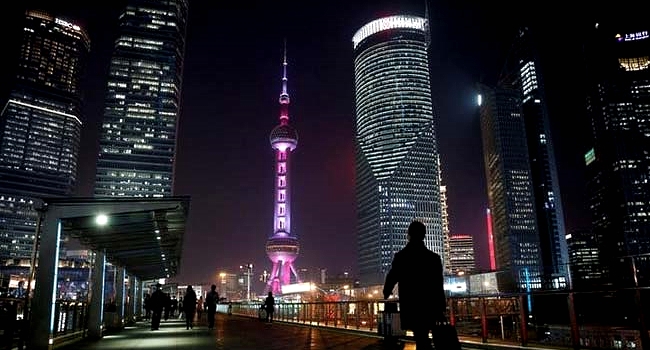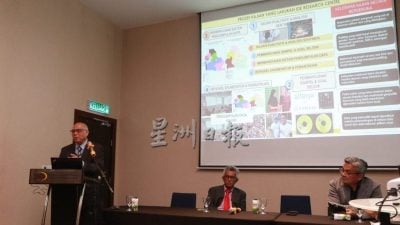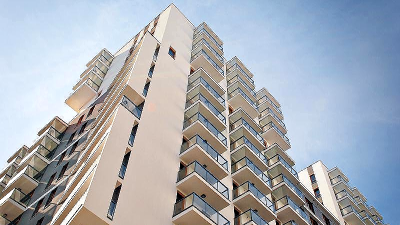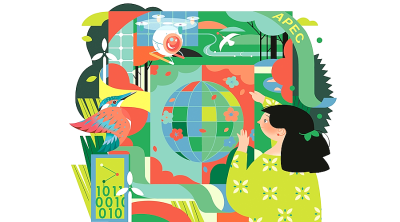By Beiyi SEOW
BEIJING, Apr 16 (AFP) — China's economy expanded at a record pace in the first quarter as the country continued its rapid recovery from last year's pandemic-fuelled slump, official data showed Friday.
The 18.3 percent explosion in gross domestic product growth was the fastest pace since quarterly records began three decades ago, but came off a historic contraction in 2020 during the depths of the pandemic.
It was also slightly short of forecasts in an AFP survey of economists.
While the coronavirus first emerged in central China in late 2019, the country was also the quickest to bounce back after authorities imposed strict control measures and consumers stayed home.
"The national economy made a good start," National Bureau of Statistics spokeswoman Liu Aihua told reporters Friday.
The sharp spike was partly due to "incomparable factors such as the low base figure of last year and increase of working days due to staff staying put during the Lunar New Year" holiday, said Liu.
Migrant workers were urged to remain in the areas where they work during the break owing to fears that the annual massive migration might lead to local outbreaks.
On a quarterly basis, GDP rose 0.6 percent from the last quarter of 2020, slowing slightly, a shift analysts attributed to a wave of local virus outbreaks which triggered travel restrictions and lockdowns.

Retail outperformance
In a sign that the country's crucial consumer sector is getting back up to pace, the figures showed retail sales surged in March, bringing first-quarter growth to 33.9 percent as life largely returned to normal.
Industrial output rose a less-than-estimated 24.5 percent in the quarter.
The figures come days after officials announced that exports — and particularly imports — had rocketed in March.
Liu, however, warned that the international landscape still contained "high uncertainties".
While vaccines are being rolled out around the world, the distribution is uneven and a pick-up in infections is forcing governments to reimpose containment measures, holding back recovery.
The urban unemployment rate, a figure analysts have been closely watching, ticked down slightly to 5.3 percent.
But economists expect growth drivers could change in the months ahead and have warned of an "uneven" recovery so far.
"Industrial production has been taking the lead in recovery last year, and it looks a bit tired now," said UOB economist Ho Woei Chen.
"There is expectation that with retail sales' outperformance and a recovering job market, that there is momentum picking up in private consumption," she told AFP, adding that this should take over the lead in growth later in the year.
But Oxford Economics' head of Asia economics Louis Kuijs cautioned that "a full rebound in household spending hinges on convincing vaccination and further improvements in labour market conditions".
Beijing has been working to reposition its economy from a coal-powered manufacturing base to one powered by high-tech green energy and domestic consumption.
But the country's strong post-pandemic recovery has been powered by coal, with a raft of new plants approved, and environmentalists are concerned this could stem the shift towards greener policies.
A report from analysis company TransitionZero on Thursday said China needed to "cancel all new coal immediately and indefinitely" and convert almost all of its coal fleet by 2040 in order to meet the zero-emissions target.
The economic data comes as US climate envoy John Kerry is in Shanghai for talks, and ahead of a Franco-German virtual climate summit Friday in which President Xi Jinping is set to take part.
ADVERTISEMENT
ADVERTISEMENT


































